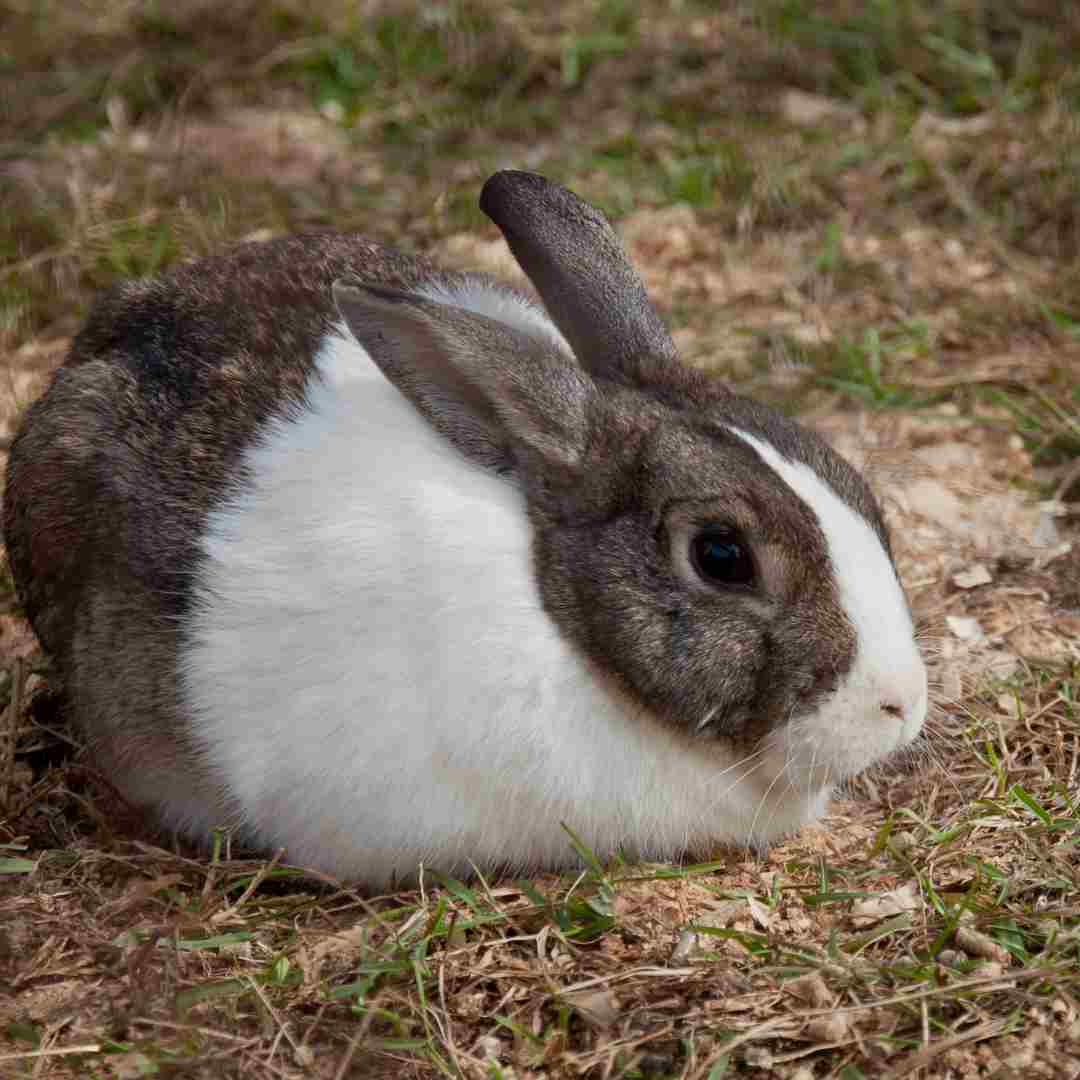Choosing a Pet Rabbit
Having a rabbit as a pet requires careful consideration. First, rabbit ownership requires commitment. Rabbits need daily activity, fresh food and water, and regular housecleaning. Rabbits also need regular immunisations and spaying or neutering.
Second, rabbit size and breed matter. Before choosing a rabbit breed, research its temperament and demands. When choosing a rabbit breed, size is crucial because certain breeds get enormous.
Third, think about rabbit ownership costs. Rabbits need cages, food, bedding, toys, and more. Regular check-ups and vaccines can sometimes be costly.
Finally, consider rabbit space. Rabbits need a big cage or hutch and lots of room to play. Rabbits should not be confined because it can cause health and behavioural difficulties.
These characteristics can help potential rabbit owners decide if they want one.
Rabbit Care: Basics
Rabbits are fun pets but need specific care. Rabbit care basics:
1. Make a safe, comfortable home. Rabbits need a secure, roomy enclosure. The enclosure's floor and materials should be strong. Keep it out of direct sunshine and draughts.
2. Eat healthily. Rabbits need a high-fiber, low-fat, low-sugar diet. Provide hay, fresh vegetables, and a tiny amount of rabbit chow. Treats and human food can create stomach issues in rabbits.
3. Exercise often. Healthy rabbits exercise. Offer toys and space for your rabbit to play.
4. Check your rabbit. Inspect your rabbit's eyes, ears, and teeth regularly for infections. Changes? Call your vet.
5. Enjoy your rabbit. Rabbits crave human companionship. Play with and pamper your bunny.
These simple steps can keep your rabbit healthy and happy. Your rabbit can be a lifelong friend with proper care.
Rabbit Nutrition Guide
Rabbits are fun and healthy pets, but they need a special diet. For rabbits to thrive, you must know what to feed them. This tutorial will teach you how to feed your rabbit a balanced diet.
Rabbits exclusively consume plants. Hay, fresh veggies, and a few pellets are their food. Hay is your rabbit's main source of fibre and intestinal wellness. High-fiber, low-protein, and calcium-free timothy hay is excellent. Dark leafy greens, root vegetables, and other high-nutrient vegetables should be served daily. Overfeeding pellets can cause obesity.
Your rabbit should always have fresh, clean water and a balanced diet. Daily water changes limit microbial growth. To keep your rabbit healthy and active, exercise is essential.
Following these rules will guarantee your rabbit gets the nutrition it needs to be healthy and happy. Your rabbit will thrive with a balanced diet and activity.
Teaching Your Rabbit Basic Commands
Rabbits are smart and gregarious creatures that can learn basic commands. Training your bunny strengthens your bond, stimulates it, and prevents boredom. Basic rabbit training instructions are here.
1. Clicker. Clickers are little devices that click when pressed. This sound can indicate desired behaviour, such as when your bunny obeys.
2. Reward. Positive reinforcement trains rabbits best. When they obey, give your rabbit a reward or a pat. This reinforces desired behaviour.
3. Train briefly. Rabbits have limited attention spans, thus training should be brief. Aim for 5–10 minutes.
4. Consistency. Rabbit training requires consistency. Reward your bunny for responding to the same command.
5. Wait. Rabbit training requires patience. Expect your rabbit to learn a new command slowly.
These recommendations will help you train your rabbit and bond with it. Your rabbit can learn "sit," "come," and "stay" with patience and persistence.

Treating Common Rabbit Health Issues
Popular pets rabbits might have health issues. Knowing how to address common health conditions may keep your rabbit healthy and happy.
Dental disease in rabbits is prevalent. If rabbits don't chew, their teeth develop and hurt. Dental disease causes drooling, weight loss, and appetite loss. Trimming teeth and feeding hay and other fibrous foods helps wear them down.
Rabbits often have gastrointestinal stasis. This syndrome delays or stops digestion. Lethargy, leanness, and soft stools are symptoms. High-fiber diets, digestive stimulants, and water prevent dehydration.
Rabbits can also get ear mites. Shaking, ear itching, and black discharge are symptoms. Clean the ears and administer a mite-killing topical medicine.
Rabbits also get respiratory illnesses. Sneezing, coughing, and nasal/eye discharge are symptoms. Antibiotics, fluids, and warming the rabbit are used to treat it.
Knowing rabbit health issues and how to address them will help keep your pet healthy and happy.